OHMI Nunavik Partners
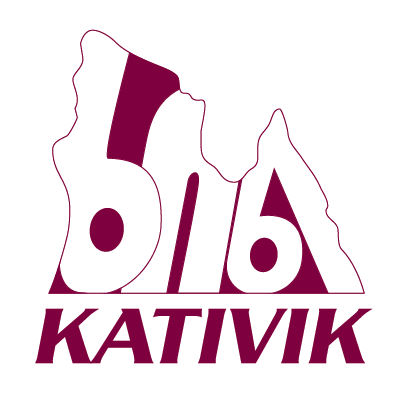
Kativik Regional Administration (KRG)
KRG is in charge of the Nunavik territory, which gathers 14 villages. KRG coordinates also research projects on sustainable development, climate change impacts on village infrastructure, on health and food security, ice safety, and coastal erosion. KRG develops collaborations with Universities and the Nunavik Research Center of Makivik.
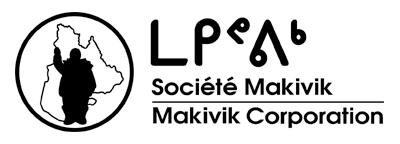 Makivik Corporation (Makivik)
Makivik Corporation (Makivik)
Makivik, which in Inuktitut means “To Rise Up,” is a fitting name for an organization mandated to protect the rights, interests and financial compensation provided by the 1975 James Bay and Northern Quebec Agreement, the first comprehensive Inuit land claim in Canada, and the more recent offshore Nunavik Inuit Land Claim Agreement that came into effect in 2008. The Corporation’s distinct mandates ranges from owning and operating large profitable business enterprises and generating jobs; to social economic development, improved housing conditions, to protection of the Inuit language and culture and the natural environment.
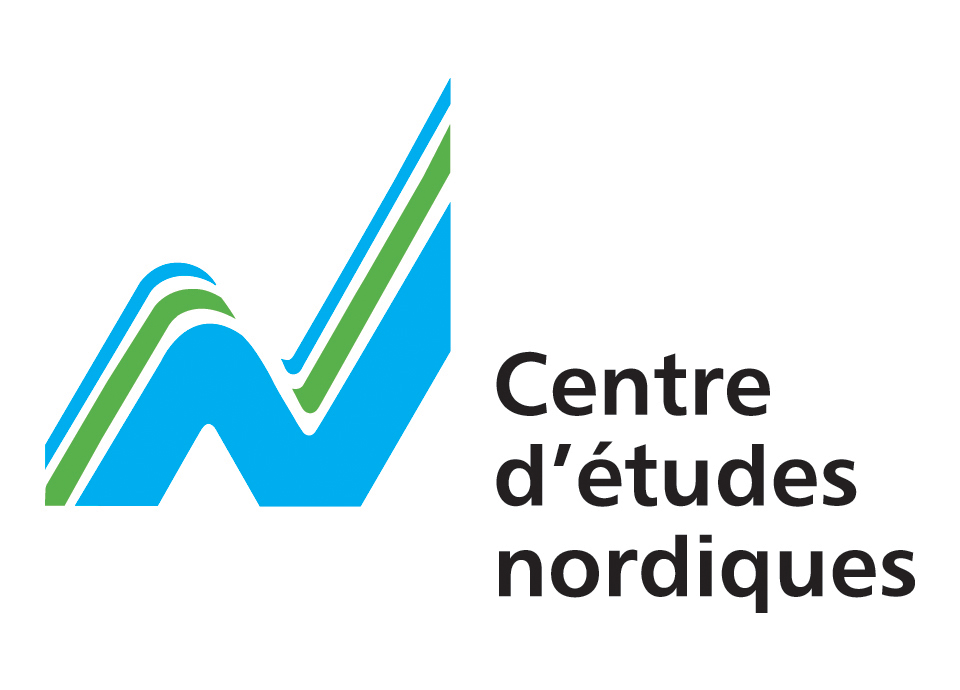 The Centre d'études nordiques (CEN)
The Centre d'études nordiques (CEN)
The CEN is a research centre involving eleven academic institutions in Québec created at Laval University in the seventies. CEN brings together over 200 researchers, students, postdoctoral fellows and professionals from diverse disciplines (biology, geography, geology, engineering, archeology, landscape management). The mission of CEN is to contribute, in close collaboration with local communities, to sustainable development of northern regions by improving our understanding and ability to predict the changes that affect these environments.
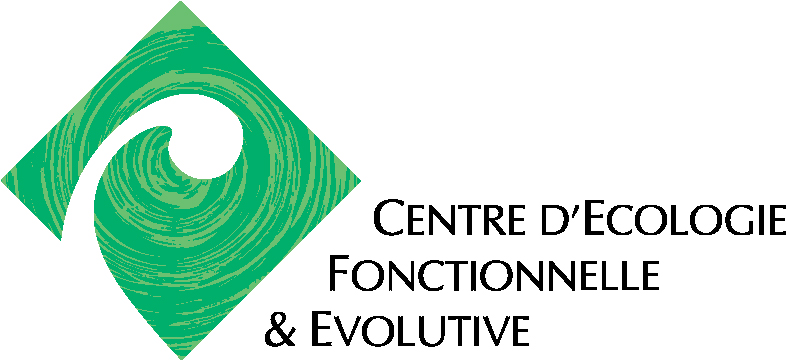 The Center for Functional and Evolutionary Ecology (CEFE)
The Center for Functional and Evolutionary Ecology (CEFE)
CEFE is currently the largest French research center in Ecology. The CEFE is performing independent, fundamental scientific research on the dynamics of biodiversity, planetary environmental change, and sustainable development. It works at a great variety of field sites around the world, but developed particular expertise in Mediterranean and tropical ecosystems.
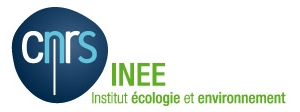 The Institute for Environment and Ecology (INEE) of the french National Center for Scientific Research (CNRS)
The Institute for Environment and Ecology (INEE) of the french National Center for Scientific Research (CNRS)
At the crossroads of Human Sciences, of Earth Sciences and Life Sciences, INEE developes an integrative approach to environmental science that seeks to promote global ecology at all time and space scales. INEE aims at proposing action from the research results and contributes to the advancement of knowledge for sustainable development.
 Ouranos (website)
Ouranos (website)
Ouranos is a consortium that develops collaborative projects involving a network of 450 researchers, experts, practitioners and policy-makers from different disciplines. Ouranos’ mission is to acquire and develop knowledge on climate change, its impacts and the socioeconomic and environmental vulnerabilities in order to inform policy-makers on climate change and help them identify, evaluate, promote and implement national, regional and local adaptation strategies. It’s the only organization in Canada, and one of the few in the world, that can offer quality services in the areas of climate simulations and analyses; climate scenarios and services; and vulnerabilities, impacts and adaptation––all within one and the same organization. Discover the scientific program "Northern Environment".
Polar community
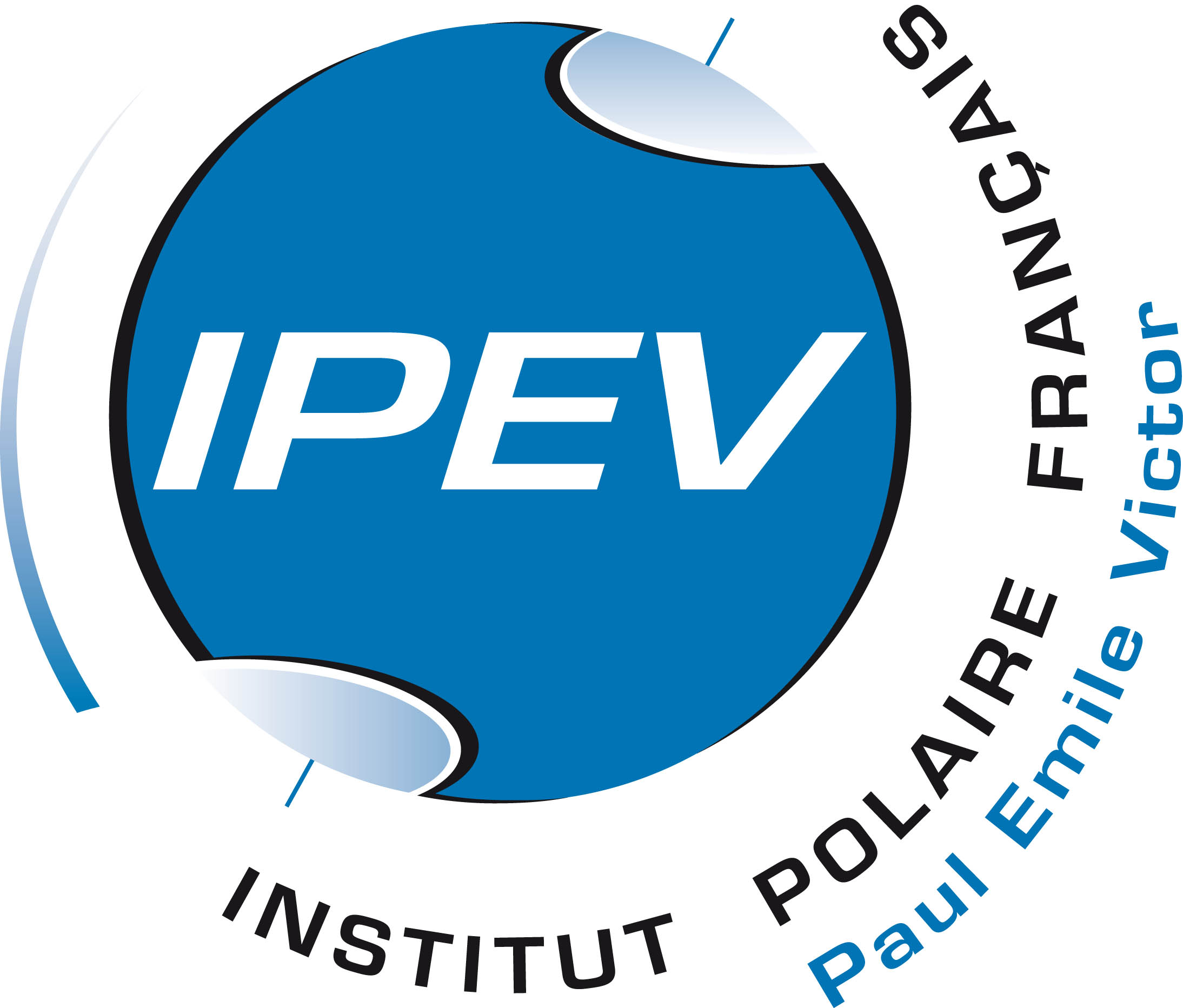 The French Polar Institute Paul-Emile Victor (IPEV)
The French Polar Institute Paul-Emile Victor (IPEV)
The IPEV offers human, logistical, technical and financial as well as the necessary legal framework for the development of French scientific research in the polar and sub-regions. Bringing together professionals polar logistics, the institute uses its knowledge of extreme environments and specific skills to coordinate, support and implement sixty to eighty scientific and technological programs each year in the high-latitude regions, north and south.
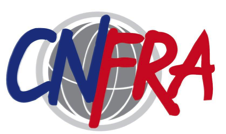 The French National Committee for Arctic and Antarctic Research (CNFRA)
The French National Committee for Arctic and Antarctic Research (CNFRA)
The CNFRA is an institutional and academical organization. As the privileged bridge between the laboratories involved in polar research and the Scientific Committee for Antarctic Research (SCAR), it motivates and organizes the representation of the french Antarctic and sub-Antarctic polar research at the international level. The CNFRA also plays an important role in the promotion and enhancement of all polar sciences by organizing annual scientific meetings that bring together young researchers and established researchers.
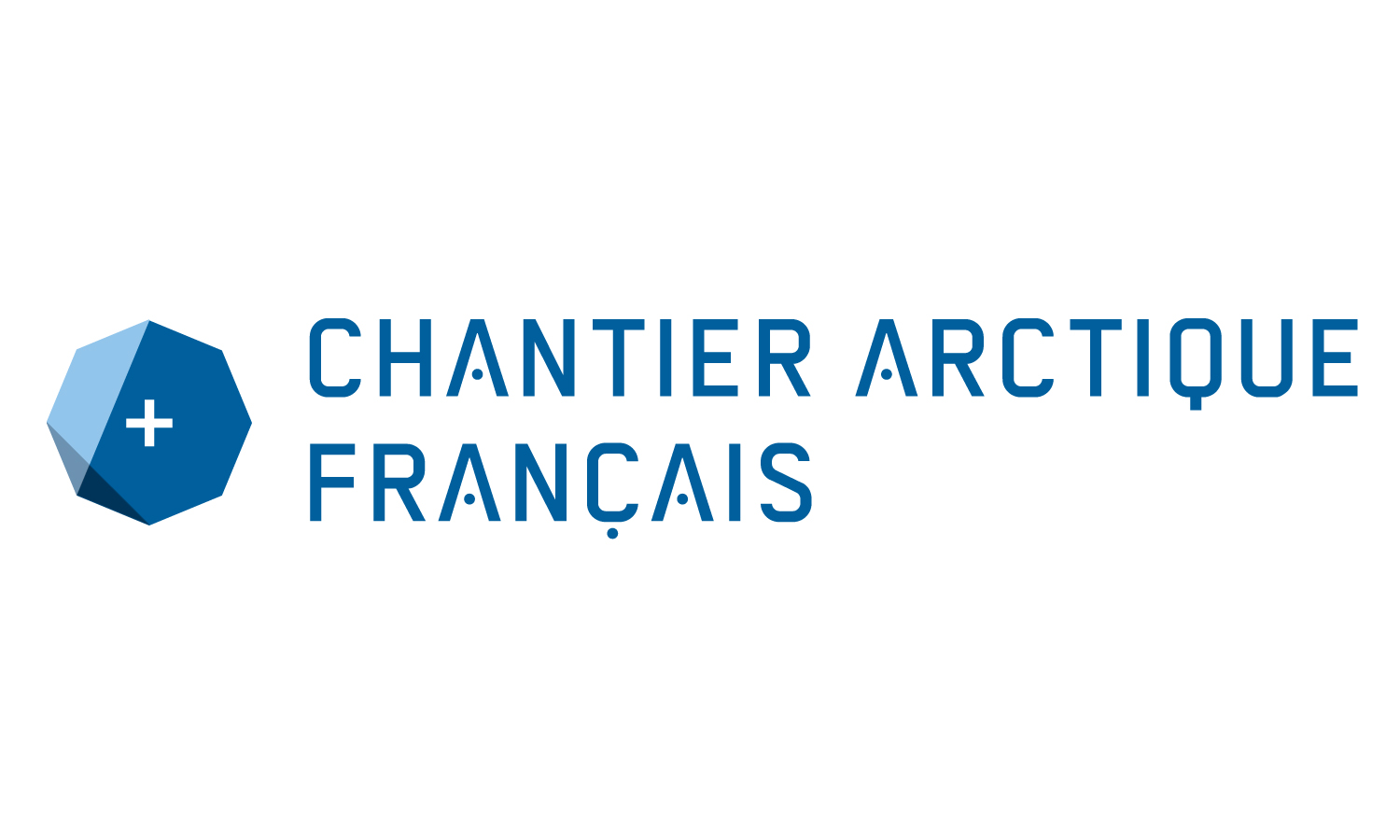 The French Arctic Initiative (French Arctic Initiative)
The French Arctic Initiative (French Arctic Initiative)
The French Arctic Initiative is a scientific monitoring network for the Arctic whose mandate to reflect on working methods and to find answers to the critical issues facing the Arctic at the global scale. It gathers environmental sciences and earth and life sciences, as well as human and social sciences and health sciences. The mission of the French Arctic Initiative is to mobilize the scientific community around these disciplines and to accentuate forward thinking, emphasizing fundamental scientific approaches for use in the Arctic.
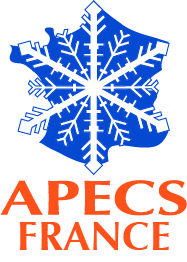 The French Committee of the Association of Polar Early Career Scientists (APECS-FRANCE)
The French Committee of the Association of Polar Early Career Scientists (APECS-FRANCE)
APECS-France is an association that brings together a hundred of young french polar scientists and educators. It is based on a team of volunteers, whose objectives are:
• To support and promote the young polar scientists in their career
• To conduct education and outreach projects to introduce to young students the polar regions and the scientific research being conducted there.
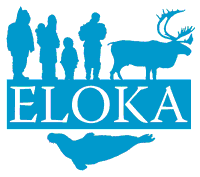 Exchange for Local Observations and Knowledge of the Arctic (ELOKA)
Exchange for Local Observations and Knowledge of the Arctic (ELOKA)
ELOKA facilitates the collection, preservation, exchange, and use of local observations and knowledge of the Arctic.ELOKA provides data management and user support, and fosters collaboration between resident Arctic experts and visiting researchers. By working together, Arctic residents and researchers can make significant contributions to understanding the Arctic and recent changes.
![]() ArcticNet (ARCTICNET)
ArcticNet (ARCTICNET)
ArcticNet is a Network of Centres of Excellence of Canada that brings together scientists and managers in the natural, human health and social sciences with their partners from Inuit organizations, northern communities, federal and provincial agencies and the private sector to study the impacts of climate change and modernization in the coastal Canadian Arctic. Over 150 ArcticNet researchers and 1000 graduate students, postdoctoral fellows, research associates, technicians and other specialists from 34 Canadian universities, and 20 federal and provincial agencies and departments collaborate with more than 150 partner organizations in 14 countries.
